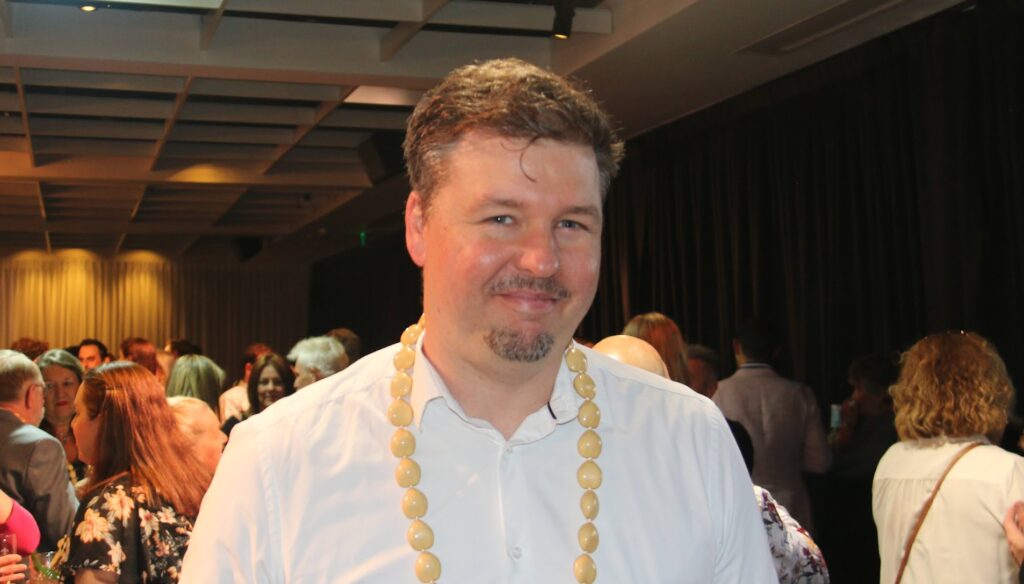Australia’s travel sector continues to struggle with skilled staffing shortages, and while that statement comes as a shock to nobody, I’m sure, the reporting compiled by the Australian Travel Industry Association (ATIA) this week laid bare just how far the sector has to go before it can emerge from the pandemic’s irritatingly elongated shadow.
A recent survey from the industry body found that skilled workers were in scarce supply right across the board.
If you happen to be a travel agency manager at the moment, you are likely to be in higher demand than Taylor Swift tickets, with every respondent indicating a shocking 100% undersupply of candidates.
ATIA also reported there is currently a 45% undersupply of suitably skilled workers for sales, marketing and business development roles, while only a third of travel agency vacancies are able to be filled in the present climate.
The numbers will form a major pillar of ATIA’s pitch to government that the travel sector needs further assistance, with the survey’s findings submitted to the Government’s Skills Priority List in hopes of landing extra support to address recruitment challenges.
This week Travel Daily also reported on the Australian Travel Careers Council’s (ATCC) warning that not enough is being done to align high school and tertiary education objectives with the shortfall in jobs in tourism and travel.
ATCC CEO, Rick Myatt, believes curriculums need to be reformed in order to hasten the process of adding skilled young workers to key deficit areas in the travel ecosystem, calling out a lack of subject options to adequately deliver fully baked graduates with all the skills necessary to pick up the ball and run with a career in travel.
In Myatt’s mind, strategic reforms could lessen the need to plug skills gaps and deliver workers to the sector faster.
He also contends that is it stands, students are disincentivised to take up a career in travel because very few training providers are willing to offer the specific units of education required.
In the Top End yesterday, Tourism NT was taking some action into its own hands by dipping into a $450,000 Federal Government grant to launch a recruitment program tapping its own citizens to make up for the shortfall in workers.
The target of the campaign are younger people, as well as First Nations Australians and people living with disabilities.
In many ways the NT faces an even more acute scenario than most, with visitation dwarfing its relatively small population – so that’s a giant need for travel and tourism services layered on top of a very small pool of local candidates.
While tapping younger people to fill the skills gap is a clear lever of change, we all know the recruitment and development process doesn’t stop there.
So much collective knowledge was wiped off the map during the pandemic, with some reports suggesting roughly a third of travel agents for example hung up their keyboards never to return.
While fresh-faced Gen Zs are now starting to flow through the doors of travel agencies throughout the country, I have heard plenty of concern expressed about the lack of knowledge of our newest recruits.
Suppliers are having to scramble to innovate new ways of engaging these younger advisors and skilling them up as fast as possible on the best ways of selling their various products.
This is likely one of the prime reasons why CATO recently launched its Touring Academy, which is essentially a new of incentivising agents who are new to the industry to gain a deeper understanding of tour brands.
I have high confidence the sector will pull together, as it so often does, and collaborate on more initiatives to fill the skills gap, as well as educate the younger generations in particular about the best ways of selling travel to consumers.
Let’s just hope we can do this without having to create too many TikTok videos. #FingersCrossed
Adam Bishop
Editor
[email protected]






